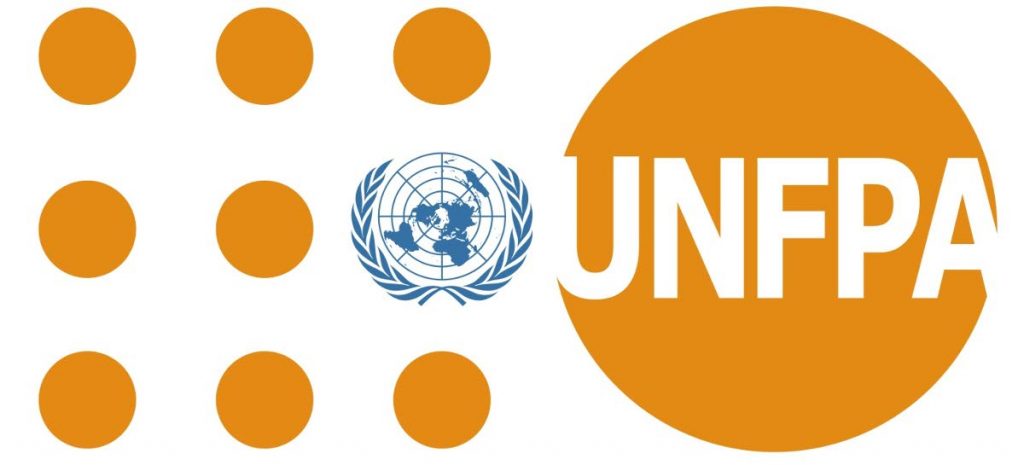UNFPA: Reproductive health critical to economic equality

Executive Director of the United Nations Population Fund (UNFPA) Dr Natalia Kanem says reproductive health and rights are, “critical but under-appreciated variables”, in the solution to economic inequality. They can also propel countries toward achieving the top UN Sustainable Development Goal of eliminating poverty.
Kanem called for universal access to reproductive health services during the launch on Tuesday of the UNFPA’s 2017 State of the World Population Report (SWOP) in London. The report is titled, Worlds Apart: Reproductive health and rights in an age of inequality.
“A woman or adolescent girl who cannot enjoy her reproductive rights is one who cannot stay healthy, cannot complete her education, cannot find decent work outside the home and cannot chart her own economic future.”
Kanem said that with contraception often out of the reach of the poor, particularly those who are less educated and live in rural areas, women and adolescent girls are at greater risk of unintended pregnancy.
She lamented that an unintended pregnancy can set in motion a lifetime of missed opportunities and unrealised potential, trapping a woman and her children in an endless cycle of poverty.
The economic slide can continue for generations. The UNFPA’s Sub-Regional Office for the Caribbean also shared its thoughts on the 2017 SWOP.
It warned that unless the global community reduces inequalities in women’s reproductive health and rights, the world will fail to achieve the UN’s Sustainable Development goals. This, in turn, would mean a failure to reduce poverty.
The UNFPA noted that inequalities in reproductive health are linked to economic inequality (while) economic inequality correlates with inequalities in sexual and reproductive health.
The 2017 SWOP calls on governments to do ten things for a more equal world including: meeting all commitments and obligations to human rights agreed in international treaties and conventions; tearing down barriers that prevent adolescent girls and young women from accessing sexual and reproductive health information and services; and providing “essential, life-saving, antenatal and maternal health care (to) the poorest women.


Comments
"UNFPA: Reproductive health critical to economic equality"